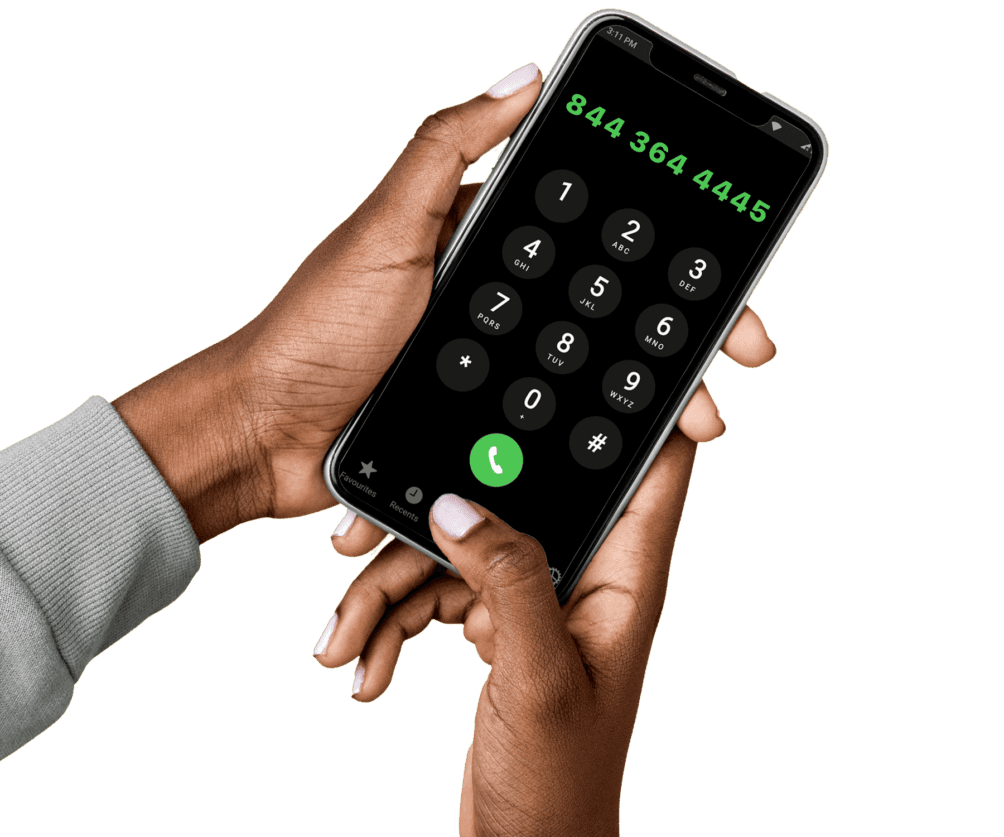What is an Interventionist?
When it comes to staging an intervention, many people get overwhelmed by the enormity of the situation and, as such, fail to realize they can work with an interventionist.
An interventionist is a mental health professional specializing in helping families and friends plan an intervention for a loved one.
A professional interventionist has extensive knowledge of addiction and other mental health issues. For this reason, they can be of great help to friends and family members who may be unsure of what to say during the intervention.
Perhaps most importantly, interventionists assist with developing a plan for supporting the addicted individual if they accept help. Conversely, an interventionist can help family and friends establish boundaries if the loved one rejects their help.
What Can You Stage an Intervention For?
When many people think of an intervention, they imagine someone struggling with either alcohol or recreational drug addiction. However, these are not the only type of issues for which you could stage an intervention.
One can have interventions for prescription drug abuse, untreated or mistreated mental health issues, compulsive gambling, or compulsive eating, among other problematic behaviors.

When Should You Hire an
Interventionist?
An interventionist is valuable at every stage of the process, which is why you shouldn’t wait to find an interventionist until the very last minute. Once you have set a date for the intervention, make sure that you hire an interventionist at least several days before you plan to stage the intervention—although a couple of weeks would be better. This will give your interventionist ample time to hold meetings with the family and friends who will be involved in order to prepare them for challenging conversations.
There are a number of situations where working with an interventionist can produce more favorable outcomes than trying to stage an intervention without professional support.
Interventions are most successful when the participants have planned what they want to say in advance. There must also be a support plan for the individual in place so that they can get help immediately if he or she chooses to do so. You need a treatment program — whether at a rehab in Indiana or near you — that’s ready to accept your addicted loved one
Our support group meetings are held Wednesdays at 7PM CST.
Sign up for email notifications so you don't miss the next one.
Training & Education for Interventionists
When hiring a professional interventionist, you want to ensure you are hiring the best professional to assist your family. Like with most other professionals, interventionists can have a wide range of backgrounds and qualifications that make them great candidates for this role.
Some professionals become interventionists as part of a direct educational path, such as a master's degree in psychology or counseling. Others become interventionists by way of accumulating lots of personal experience with overcoming an addiction, either firsthand or helping others. Both types of interventionists can earn certifications or undergo in-depth training on specific intervention methods.
No matter their professional journeys, interventionists can provide excellent support to an addict as well as his or her family and friends.
Traits of a Skilled Interventionist
As you search for the right interventionist, there are some specific traits to look for, including:
What Happens Before the
Intervention?
There’s a lot of work for an interventionist to do before the actual intervention. This includes meeting with family members so they can explain the situation and share their stories. The interventionist will also help each concerned family member craft a statement to be read at the intervention.
The interventionist will work to understand the issues the addict is facing, conferring with the family to determine the best course of treatment. Once a treatment plan is made, the interventionist will continue with rehab placement if the intervention is a success.
What Role Does an Interventionist Play During an Intervention?
An interventionist coaches everyone involved and encourages them to speak their mind. As the interventionist will have met with everyone participating in the intervention beforehand, they will know what type of coaching each person needs to speak their truth.
During an intervention, it is essential everyone has a turn to speak and no one uses intentionally hurtful language. An interventionist serves as a referee, stepping in if people are speaking out of turn or cutting each other off. The interventionist keeps everyone on topic if someone starts to use hurtful language that doesn't serve the purpose of the intervention.
An interventionist should be comfortable answering medical questions from the addicted person and the family and friends present about the addiction and recovery process.
The interventionist is going to host the meeting. The interventionist will start the meeting, keep it on track, and determine when it should be concluded.
Some interventionists will directly provide transportation for the addicted individual to a treatment center if they accept help during the initial intervention. The interventionist will ensure there is a drug or alcohol rehab near you for them to go to.
What Happens After the
Intervention?
A professional interventionist's role doesn't necessarily end after the intervention. Many remain in touch with the addicted individual and their family and friends throughout the treatment process, providing support and guidance.
Sometimes, an addicted individual may not accept treatment during the first intervention. An interventionist can help the addicted individual's friends and family members set boundaries and accept the addict's choice not to get help. Or they may help to plan future interventions.
An addicted individual may accept treatment but may slide off-course over time. An interventionist can be brought back to help family members call out the addicted individual for engaging in unhealthy habits and chart a path forward.


Benefits of Working with an Professional Interventionist
Working with an interventionist gives family and friends a professional partner who really understands the ins and outs of a successful intervention, including how to access local treatment options.
Once you've spoken to our placement specialist, we will evaluate your information in order to gauge your recovery needs, including which type(s) of treatment is needed, necessary treatment modalities, preferred location, and numerous other factors.